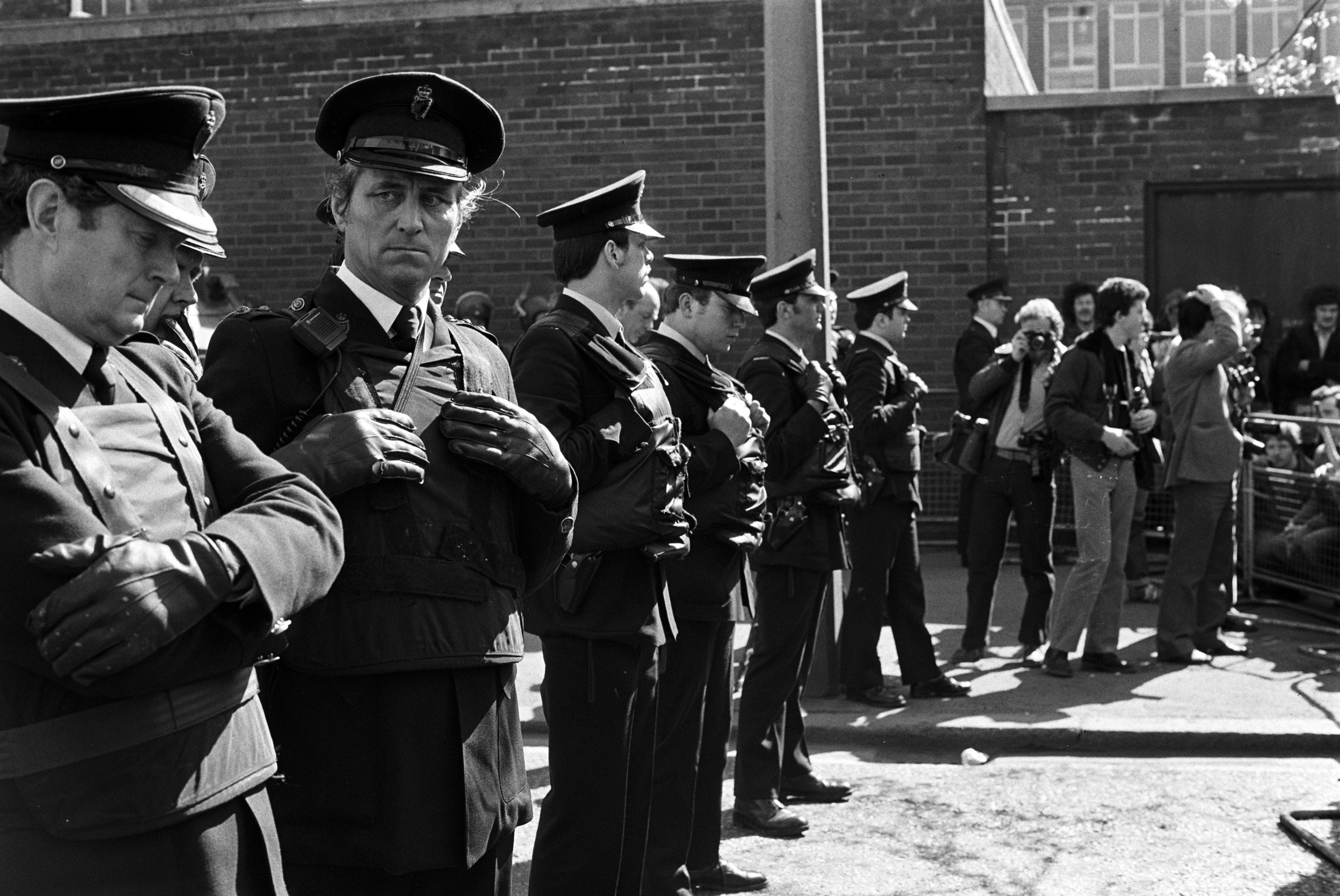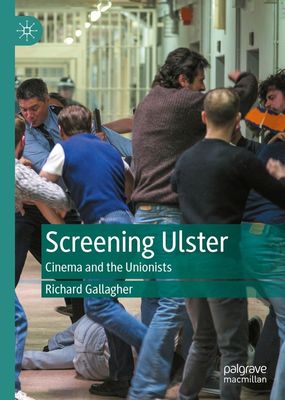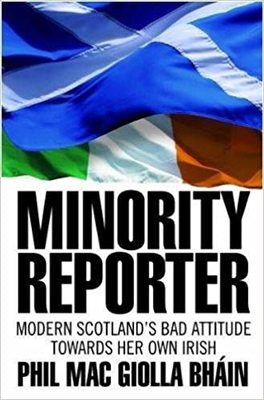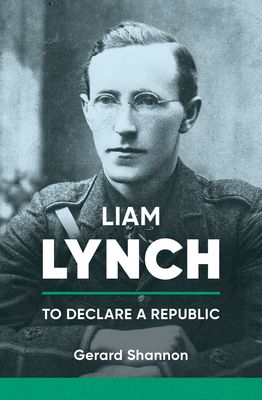The Making of the Anglo-Irish Agreement of 1985 by David Goodall (National University of Ireland, £17.50)
One of the false assumptions by historians who should know better and political commentators who know so very little is that the Anglo-Irish Agreement (AIA) was a stepping stone on the path to peace in the north of Ireland.
In fact, it was nothing more than a naïve, misguided and futile device designed to bring the IRA to heel and to frustrate Sinn Féin’s nascent embrace of electoral politics while promoting the prospects of the SDLP. It therefore failed on all counts.
John Bowman’s assertion, on the book’s back cover, that the AIA “changed the tectonic plates of the Irish-British relationship” is hyperbolic nonsense. But that does not mean that this memoir by one of the agreement’s key negotiators, the British diplomat Sir David Goodall, is without merit.
Indeed, once we dismiss the notion that the November 1985 treaty signed by the UK Prime Minister Margaret Thatcher and the Irish Taoiseach Garrett Fitzgerald was of historical significance, there is much to appreciate. His insider account of the protracted negotiations from a Whitehall perspective is utterly fascinating.
INTELLECTUAL RIGOUR
Firstly, it illustrates how politicians depend not only on the intellectual rigour of civil servants but also on their personal commitment to the task. Goodall did not merely transform political ambition into a written agreement. In order to achieve his objective, he was obliged to overcome Thatcher’s scepticism and her surreal flights of fancy along with considerable antagonism from his colleagues at the Northern Ireland Office (NIO).
Secondly, it highlights Fitzgerald’s desperation to secure the treaty despite being embarrassed in public by Thatcher. At a press conference in December 1984, she rejected three suggestions raised by Fitzgerald’s New Ireland Forum to give Ireland a role in the administration of the Six Counties. In each case, she said: “This is out” and her outburst was soon abbreviated (and lauded) in media-speak to “out, out, out”.
Thirdly, it confirms what Gerry Adams said at the time. The agreement’s intention, from both the British and Irish perspective, was to isolate Sinn Féin. Fitzgerald’s diplomatic adviser, Michael Lillis, told Goodall that their great fear was that Sinn Féin would replace the SDLP as the legitimate representative of nationalist opinion in the north. In order to avoid that possibility, Fitzgerald was willing to give formal recognition to Ireland’s partition in return for Dublin obtaining nothing more than a powerless “consultative” role in the north.
Aside from these three overarching themes, Goodall provides any number of insights and asides that, even thirty-five years’ on, are worth recording. Did we know, for example, that the RUC’s chief constable, Jack Hermon, thought the reunification of Ireland was inevitable and that he was opposed to any further integration of the Six Counties into the UK?
Interest of successive US administrations in Northern Ireland should never be underestimated. London needs to be reminded of this. David Goodall’s memoir, a key British official in the making of the Anglo-Irish Agreement offers insight into the US card. pic.twitter.com/pCKSDb2Nnb
— Brigid Laffan (@BrigidLaffan) July 31, 2021
Is it not astounding to hear that the NIO thought nationalist anger at the activities of the UDR would be assuaged simply by lengthening the training of the force’s new recruits and – would you believe? – a plan for patrols to be accompanied by an RUC officer? What world were those officials living in?
Just as bad, worse perhaps, was the fact that Fitzgerald told Thatcher he wasn’t asking for the UDR to be disbanded. Yet there were occasions when Fitzgerald’s nationalist sentiment, and his cynicism about the British political establishment, did break cover.
At one point, in Goodall’s company, he exploded: “I know that British ministers think that their word is their bond. But if I were to give Mrs Thatcher a full-frontal view of what Irish nationalism thinks of a British minster’s word, she’d be more shocked than if I gave her a full-frontal view of something else.”
AMAZING (AND AMUSING)
Although we have long known that Thatcher was sometimes prone to engaging with irrational political ideas, it is nevertheless amazing (and amusing) to know that she wondered whether it would be possible for northern nationalists to be relocated across the border. Goodall, writing about a fireside meeting at Chequers, recalls the moment:
“After all, she said, the Irish were used to large scale movements of population… At this point the silence around the fire became transfused with simple bafflement. After a pause, I asked if she could be thinking of Cromwell. ‘Cromwell, of course.’
“‘Well, prime minister, Cromwell’s policy was known as To Hell or Connaught and it left a scar on Anglo-Irish relations which still hasn’t healed. The idea of a population transfer was not pursued.”
This day 35 years ago - 27 November 1985 - the Anglo-Irish Agreement was passed by 473 votes to 47, the largest majority of Thatcher's premiership.
— This Day in Irish History (@ThisDayIrish) November 27, 2020
Edward Heath said MPs had to “try to understand the Catholics in Northern Ireland, particularly after 50 years of one-party rule.” pic.twitter.com/Vbhe45lRtn
Goodall’s knowledge of, and interest in, Irish history sprang in part from his background. Both his grandfathers had been born in Ireland. He was raised as a Catholic and educated at Ampleforth College. He died in 2016 and this posthumous book was guided to publication by his widow, Morwenna.
Of all the Thatcher anecdotes sprinkled throughout his memoir, the one that best exposed her attitude, and her intellectual inadequacy, was her stubborn refusal to grasp why the north’s nationalist population were so antipathetic to British rule.
When told that nationalists felt alienated from the authorities of law and order, Thatcher, an instinctive unionist, bristled because, for her, the very word “alienation” was suggestive of Marxism. “I think,” observes Goodall, that she was “impervious to understanding the reality of alienation.”
Her central concern, which was given consistent expression by the NIO, was to minimise opposition to an agreement from unionists. They viewed the talks process – any talks with Dublin – as a sell-out. Despite their understandable wish for the IRA to end its military activity, they were anything but happy at them choosing the ballot rather than the bullet. In talks with some part-time UDR officers, Goodall reported that they were alarmed by the participation of Sinn Féin in local government.
A LONG WAY AWAY?
Goodall does not attempt to hide his disapproval at some of Thatcher’s views, especially when she was, to use his phrase, “indulging all her prejudices.” At one meeting, during which he listened to her “with a mixture of amusement and distaste” she picked up on his disenchantment, prompting her to say: “Mr Goodall: wouldn’t you like to go and be an ambassador somewhere else – a long way away?”
He replied: “Where would you suggest, prime minister?”
She said: “Indonesia, perhaps.”
Afterwards, Goodall asked his 'boss', the cabinet secretary, Robert Armstrong, why he thought Thatcher had chosen Indonesia. He replied: “It was the greenest place she could think of.”
Such episodes are calculated to make us sympathetic towards Goodall and he does come across as the very model of a perfect mandarin, wiser than his political mistress yet anxious not to show it. At least, not too often.
But we cannot forget that he was involved in negotiating an agreement which we can see, at this end of history, as less of an agenda-setting landmark and more of an irrelevant diversion. Trying to forge the conditions for peace without the participation of the warriors was a hopelessly mistaken strategy.








